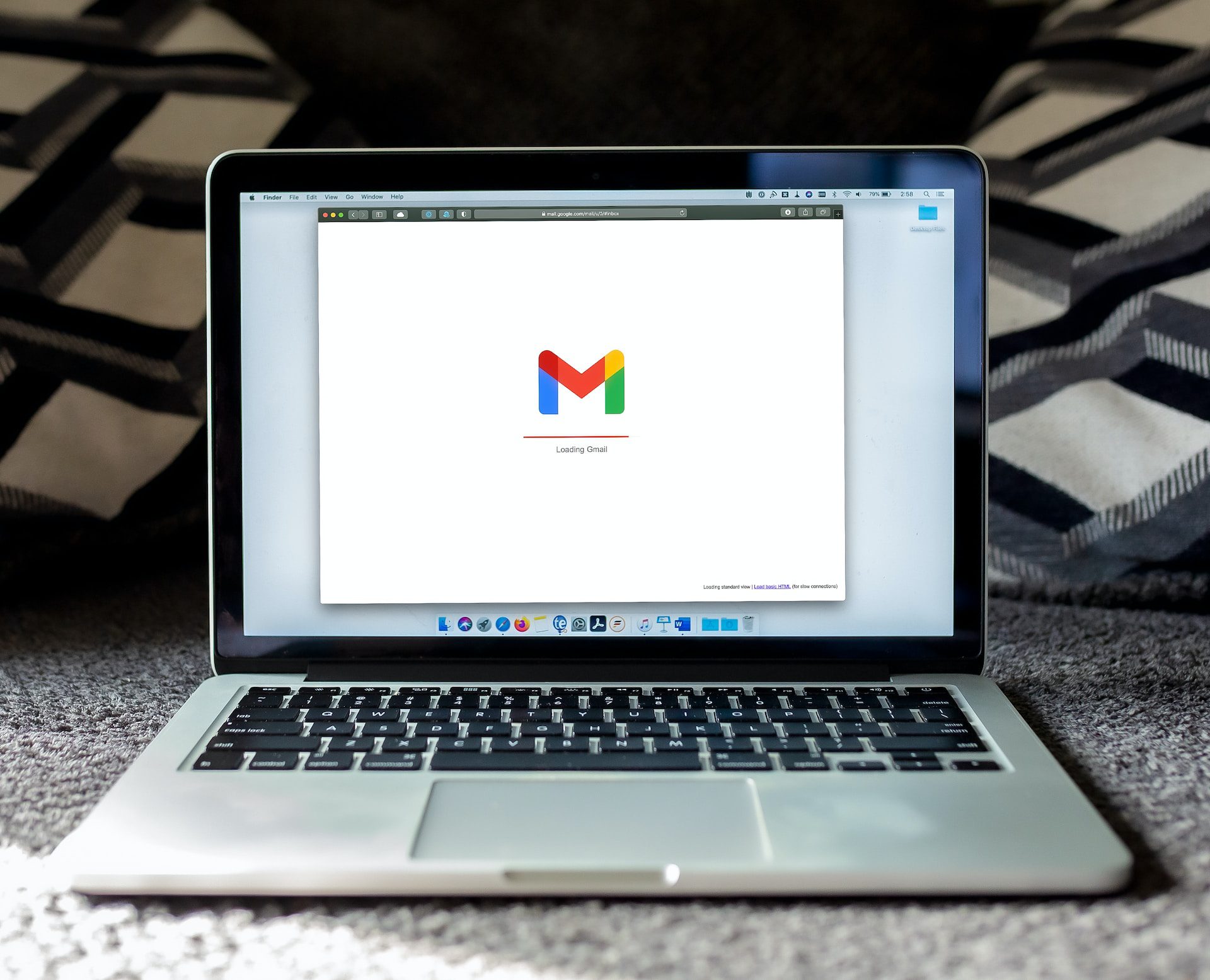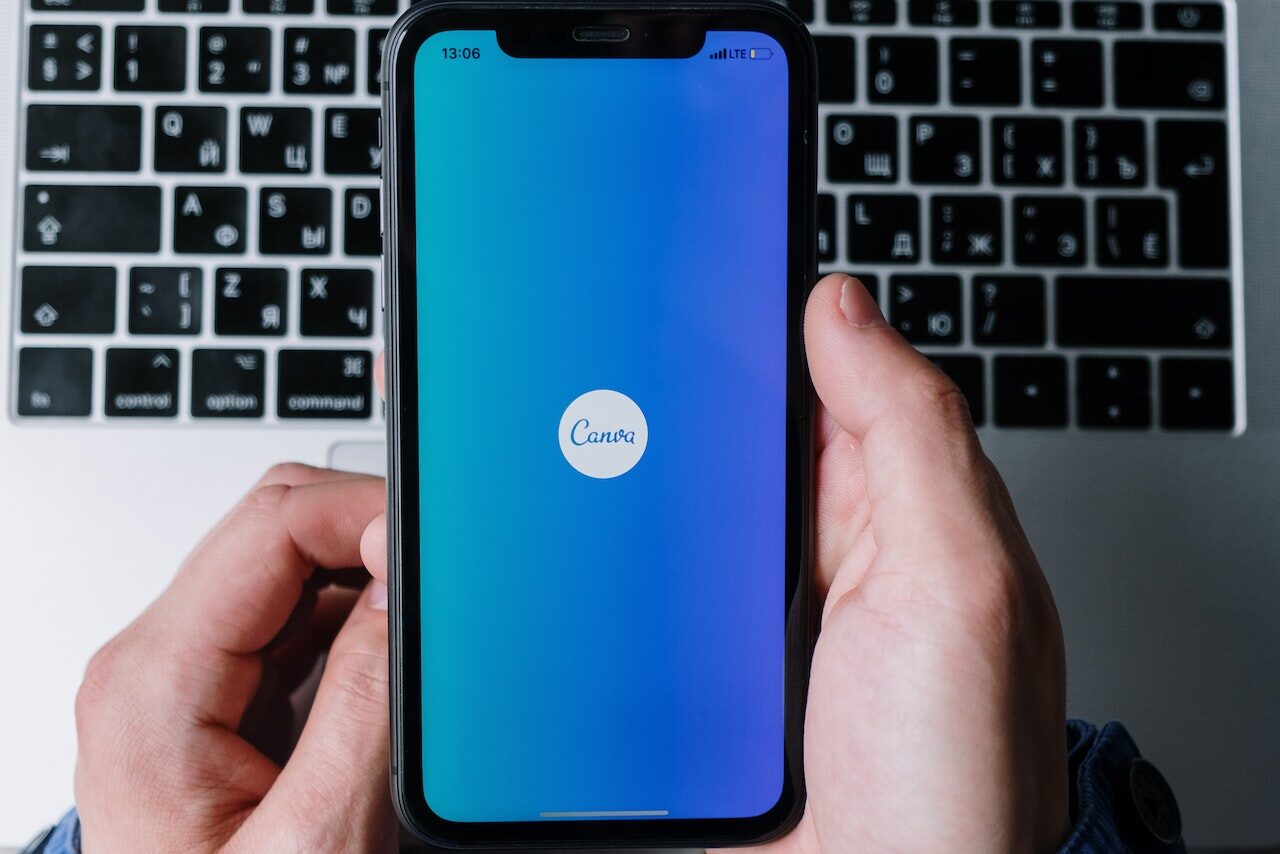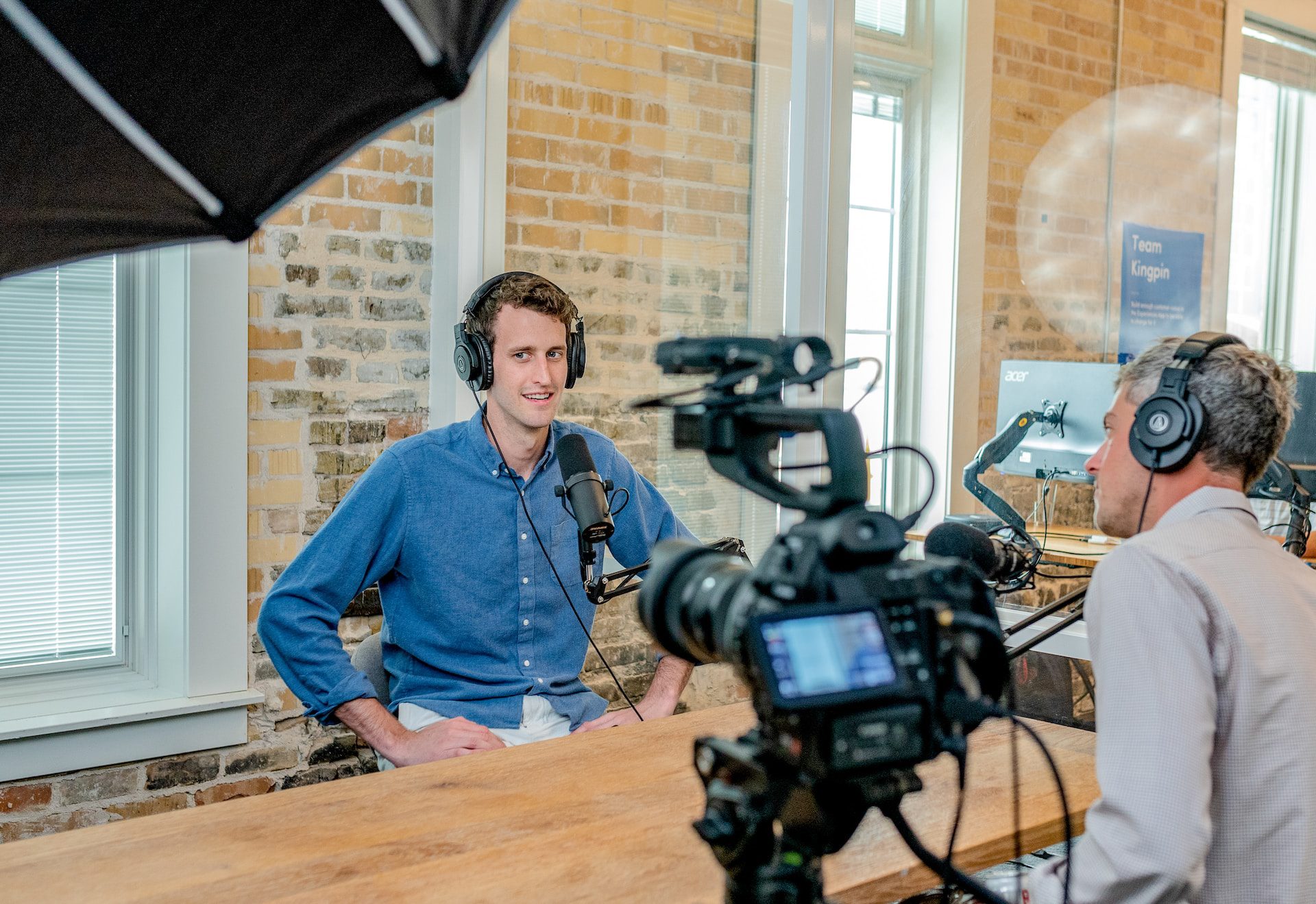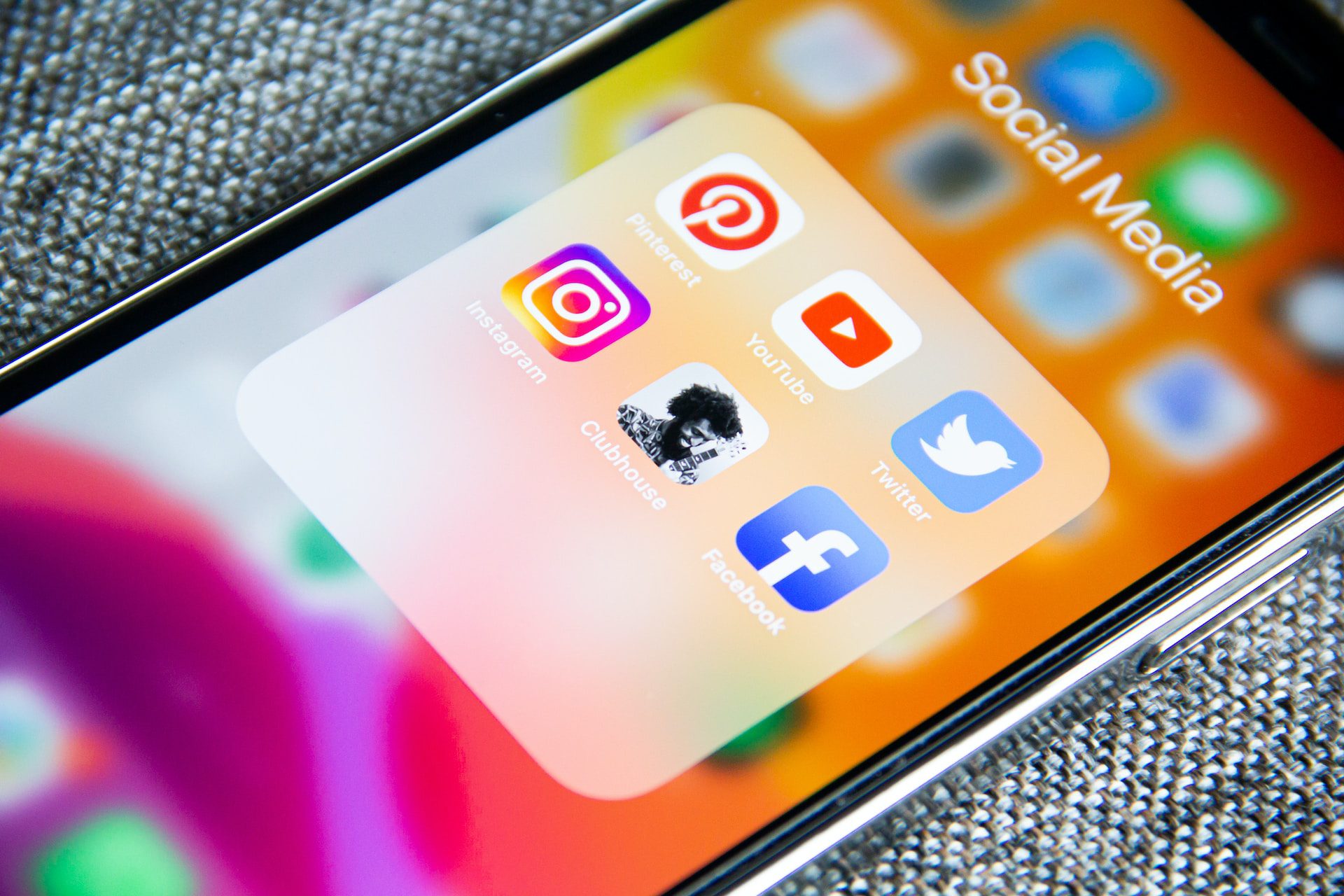In today’s digital age, creating a website that is optimized for search engines is essential to ensure online success. Search engine optimization (SEO) involves various techniques and strategies to improve a website’s visibility and ranking on search engine results pages (SERPs). One such technique is to have a responsive website design. Let’s discuss the benefits of responsive website design for SEO.
What Is Responsive Website Design
Responsive website design is an approach to web design that allows a website to adapt to different screen sizes and devices. It ensures that the website’s layout, content, and images are optimized for the device being used, whether it’s a desktop computer, laptop, tablet, or smartphone. A responsive website design eliminates the need to create multiple website versions for different devices, making it more cost-effective and efficient.
Improved User Experience
A responsive website design enhances the overall user experience, which is essential for effective search engine optimization. If a website is difficult to navigate or doesn’t load quickly, users are likely to leave the site and search for another one. A website that is optimized for different devices and screen sizes ensures that users can access the content they need quickly and easily, regardless of the device they are using. This improves the user experience, making it more likely for them to remain on the website and interact with the material.
Faster Page Load Speed
The loading speed of a webpage plays a crucial role in SEO. By having a responsive website design, the loading time of a webpage can be enhanced, which is vital for both user experience and search engine rankings.
A website that loads rapidly can rank higher in search engine results pages compared to a slow-loading site. Furthermore, Google has stated that the speed at which a page load is a factor in its ranking algorithm, meaning a quick-loading website can positively influence SEO.
Lower Bounce Rate
A bounce rate is the percentage of users who exit a website after only viewing a single page. If you have a high bounce rate, it indicates that users are not finding the content they need or they have a poor user experience. A responsive website design can help lower the bounce rate by providing users with a better user experience and faster page load speed. When users can easily navigate a website and access the content they need, they are more likely to stay on the site and explore other pages.
Mobile-Friendly Design
In recent years, mobile devices have become the primary device for accessing the internet. As a result, having a mobile-friendly website is crucial for SEO. A responsive website design guarantees that a website is tailored for mobile devices, offering an enhanced user experience on smartphones and tablets. Google has also indicated that having a mobile-friendly website is a ranking factor in its algorithm, so having a responsive website design can have a positive impact on SEO.
Improved Social Sharing
Social media sharing is another important factor in SEO. A responsive website design can improve social sharing by making it easier for users to share content on social media platforms. When users share content from a website on social media, it can increase the website’s visibility and drive more traffic to the site. A responsive website design ensures that social sharing buttons are easy to find and use, making it more likely that they will share the content on social media.
Lower Duplicate Content
Duplicate content is content that appears on more than one page of a website or on multiple websites. Duplicate content can negatively impact SEO, as it can confuse search engines and dilute the authority of a website. A responsive website design can help lower duplicate content by eliminating the need to create multiple versions of a website for different devices. When a website has a single URL for all devices, there is no risk of creating duplicate content.
Conclusion
A responsive website design offers numerous benefits for SEO. It provides a better user experience, faster page load speed, lower bounce rate, mobile-friendly design, improved social sharing, and lower duplicate content. By implementing a responsive website design, website owners can improve their search engine rankings and attract more traffic to their sites. With the increasing use of mobile devices for accessing the internet, having a mobile-friendly website is essential for online success.
Looking to take your business to the next level? Look no further than KillerSpots Inc. Our full-service digital advertising agency and production house has been helping clients worldwide since 1999. Call us today to learn how we can help you achieve your business goals with our exceptional services.




















